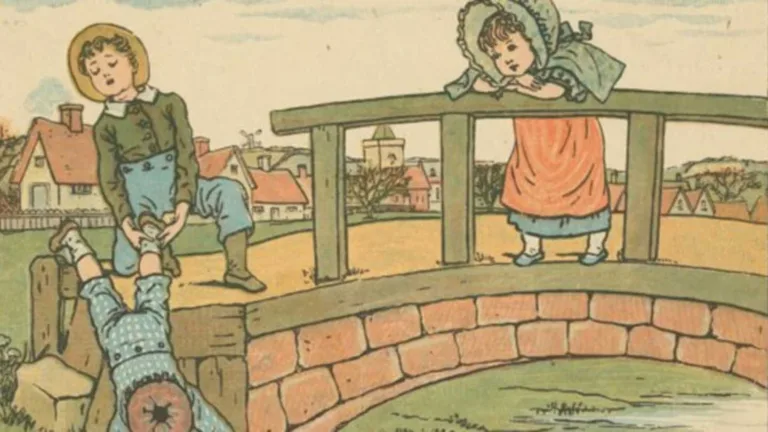Language is a powerful tool, capable of both great beauty and Profound Offense. Understanding the nuances of how words can impact others is crucial for navigating social interactions and engaging in Meaningful Conversations.
One area where this becomes particularly complex is in the realm of Offensive Language. Terms like “obscenity,” “profanity,” and “vulgarity” are often used interchangeably, but they carry distinct meanings that can shed light on the different ways language can be hurtful or inappropriate. This article aims to unravel these distinctions, providing a clear understanding of each term and its implications.
By exploring the historical roots and evolving definitions of these words, we can gain a deeper appreciation for the complexities surrounding Profanity Vs Vulgarity. Ultimately, this knowledge empowers us to communicate more responsibly and respectfully, fostering a more inclusive and understanding society.
Defining Obscenity and its Legal Implications
Let’s start by dissecting the term “obscenity.” Rooted in the Latin word “obscenus,” meaning “foul,” obscenity generally refers to sexual or scatological content that is considered offensive and inappropriate by societal standards. Think of it as language that pushes boundaries and often makes people uncomfortable.
However, defining what exactly constitutes obscenity is a tricky business. It’s a concept that has been debated for centuries, with legal interpretations constantly evolving. The Miller Test, established in the landmark Supreme Court case Miller v. California (1973), provides a framework for determining obscenity by considering factors like whether the Material Appeals To “Prurient Interest,” depicts sexual conduct in a “patently offensive” manner, and lacks “Serious Literary, artistic, political, or scientific value.” Even with this test, defining obscenity remains subjective and can vary depending on cultural norms and Individual Perspectives.
Understanding the legal implications of obscenity is crucial, as it can have serious consequences. Laws surrounding obscenity often focus on protecting public morals and decency, and violations can lead to fines, imprisonment, or even censorship.
The Evolution of Profanity: From Religious to Societal Offenses
The word “profanity” has a fascinating history, tracing its roots back to the Latin term “profane,” Which Originally Meant “outside the temple.” In ancient times, this referred to anything considered unholy or disrespectful towards religious institutions. Over time, the meaning of profanity broadened to encompass not only blasphemy and sacrilege but also any language deemed offensive To Religious Sensibilities.
Today, profanity encompasses a much wider range of expressions. It includes words considered vulgar, insulting, derogatory, racist, sexist, or sexually explicit. Essentially, anything that violates societal norms of polite conversation and can cause offense or discomfort falls under the umbrella of profanity. This evolution reflects the changing nature of social values and the increasing diversity of viewpoints in modern society.
What was once primarily a religious concern has become a more complex issue intertwined with cultural sensitivities, Individual Beliefs, and evolving perceptions of what is Acceptable Language.
 Pequin Pepper vs Habanero, Datil Pepper vs Ghost Pepper: Scoville Scale Heat Showdown
Pequin Pepper vs Habanero, Datil Pepper vs Ghost Pepper: Scoville Scale Heat ShowdownVulgarity: Beyond the Boundaries of Common Decency
While obscenity and profanity often carry specific connotations related to religion or Societal Norms, vulgarity tends to be more about simple crudeness and offensiveness. Think of it as language that’s just plain rude and inappropriate for Polite Company. It often involves coarse expressions, Crude Humor, and topics considered taboo in mainstream conversation.
Vulgarity is less about a specific set of words and more about the overall tone and intent behind the language. It’s the kind of speech that makes your grandma cringe or causes people to shift uncomfortably in their seats. While it can overlap with profanity, vulgarity often focuses on shock value and pushing boundaries without necessarily carrying deep religious or societal implications.
Ultimately, what constitutes vulgarity is subjective and varies depending on cultural context and Individual Sensitivities. However, the common thread is that vulgar language is generally considered disrespectful, crass, and unsuitable for most social situations.
Context Matters: Nuances in Offensive Language Usage
One crucial aspect to remember when navigating the world of offensive language is that context is everything. The same word or phrase can carry vastly different meanings and impact depending on the situation. A seemingly innocuous term might be considered deeply offensive in a specific cultural setting or within a particular group of people.
For instance, a joke that seems harmless among close friends could be highly inappropriate in a professional environment. Similarly, a word that is commonly used in one region might be considered taboo in another. Understanding the nuances of context allows us to use language more responsibly and avoid unintentional offense.
Ultimately, profanity vs vulgarity are not simply black-and-White Categories. They exist on a spectrum, influenced by factors like intent, audience, and cultural norms. By being mindful of these complexities, we can strive for more respectful and inclusive communication.
Navigating the Spectrum of Offensive Expression
So, how do we navigate this complex landscape of offensive language? It’s a continuous process of learning, reflection, and adapting our communication style to Different Situations.
First and foremost, cultivate empathy and respect for others. Consider the potential impact of your words on those around you, especially those from marginalized groups who may be more susceptible to harm From Offensive Language. Strive to use inclusive language that avoids stereotypes and generalizations. When in doubt, err on the side of caution and choose words that are respectful and considerate.
Remember that true communication involves listening As Much As Speaking. Pay attention to how others respond to your language and be open To Feedback. By engaging in open and honest Conversations About These Sensitive Topics, we can create a more inclusive and understanding society where everyone feels safe and respected.
More for curious minds
Unlock extra content and exclusive deals tailored to your interests.










